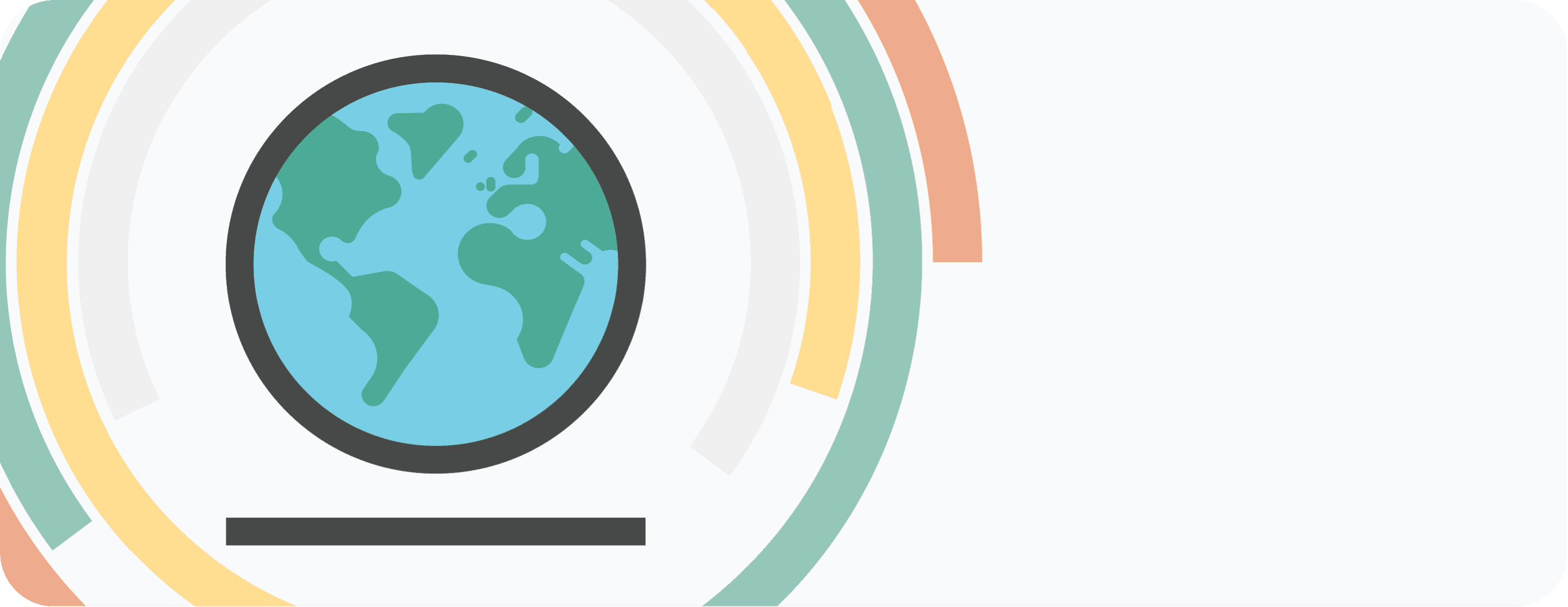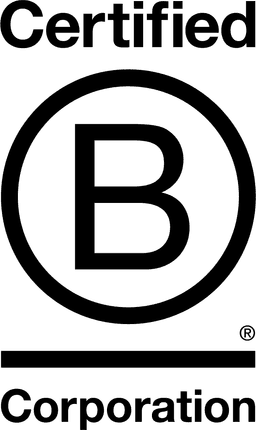

CONNEXING

Pays de la Loire, France
December 2018
Computers & electronics
Wholesale/Retail
Belgium,
France,
French Guiana,
Italy,
Luxembourg,
Netherlands The,
Spain
Fondée en 2009, implantée en France, en Belgique et en Italie, Connexing est une Société à Mission qui a pour but de connecter humains et organisations ; réunir solutions technologiques et respect de la planète. Expert B2B et facilitateur en solutions IT et Green IT, l’entreprise équipe les utilisateurs finaux avec les produits ou services les plus adaptés et au plus faible impact possible sur l’environnement. Notre métier se partage en 3 grandes catégories : les solutions “hardware” avec des produits IT neufs, reconditionnés ou éco-responsables, les solutions “software” avec les licences de téléphonie Cloud et MS. Labelisée B Corp et engagée depuis sa création dans une démarche à impact positif, Connexing a pour objectif de faire évoluer son implication RSE qui regroupe plusieurs associations telles Planète Urgence, SOS Villages d’enfants, ADAPEI 44, les Bureaux du Cœur, le Réseau Étincelle ou encore le fonds de dotation du CHU de Nantes. A ce stade, nos actions caritatives ont financé la plantation de plus de 209 000 arbres au Mali et à Madagascar, subventionné plus de 7 600 heures de soutien scolaire, aidé près de 200 enfants au Burkina Faso et favorisé la réinsertion de plus de 750 jeunes dans le monde professionnel.
Overall B Impact Score
Governance 16.1
Governance evaluates a company's overall mission, engagement around its social/environmental impact, ethics, and transparency. This section also evaluates the ability of a company to protect their mission and formally consider stakeholders in decision making through their corporate structure (e.g. benefit corporation) or corporate governing documents.
What is this? A company with an Impact Business Model is intentionally designed to create a specific positive outcome for one of its stakeholders - such as workers, community, environment, or customers.
Workers 27.3
Workers evaluates a company’s contributions to its employees’ financial security, health & safety, wellness, career development, and engagement & satisfaction. In addition, this section recognizes business models designed to benefit workers, such as companies that are at least 40% owned by non-executive employees and those that have workforce development programs to support individuals with barriers to employment.
Community 22.3
Community evaluates a company’s engagement with and impact on the communities in which it operates, hires from, and sources from. Topics include diversity, equity & inclusion, economic impact, civic engagement, charitable giving, and supply chain management. In addition, this section recognizes business models that are designed to address specific community-oriented problems, such as poverty alleviation through fair trade sourcing or distribution via microenterprises, producer cooperative models, locally focused economic development, and formal charitable giving commitments.
Environment 28.0
Environment evaluates a company’s overall environmental management practices as well as its impact on the air, climate, water, land, and biodiversity. This includes the direct impact of a company’s operations and, when applicable its supply chain and distribution channels. This section also recognizes companies with environmentally innovative production processes and those that sell products or services that have a positive environmental impact. Some examples might include products and services that create renewable energy, reduce consumption or waste, conserve land or wildlife, provide less toxic alternatives to the market, or educate people about environmental problems.
What is this? A company with an Impact Business Model is intentionally designed to create a specific positive outcome for one of its stakeholders - such as workers, community, environment, or customers.
Customers 4.3
Customers evaluates a company’s stewardship of its customers through the quality of its products and services, ethical marketing, data privacy and security, and feedback channels. In addition, this section recognizes products or services that are designed to address a particular social problem for or through its customers, such as health or educational products, arts & media products, serving underserved customers/clients, and services that improve the social impact of other businesses or organizations.